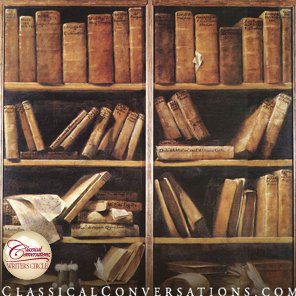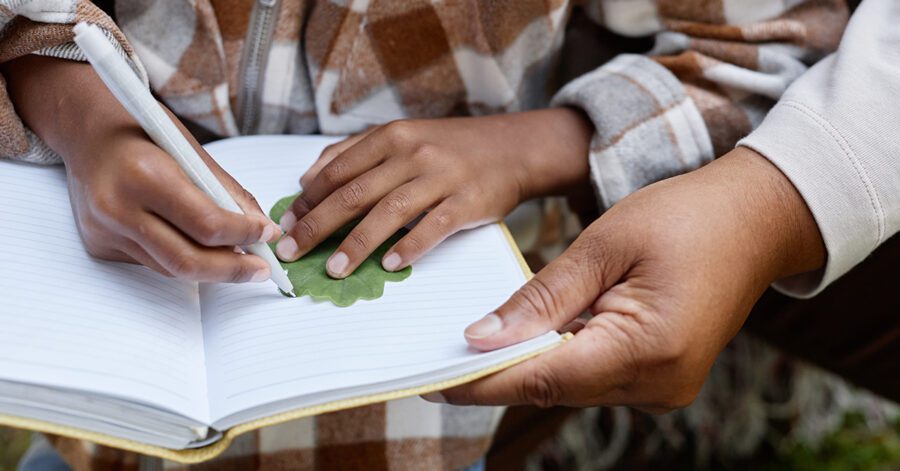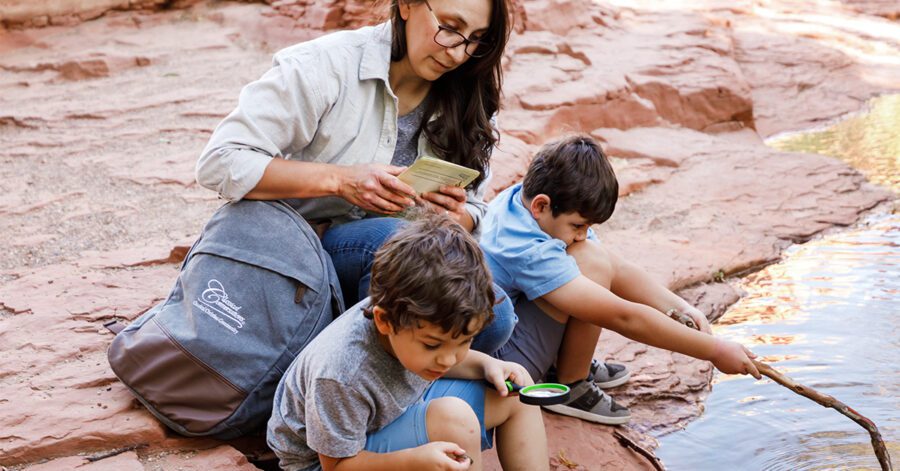There has been a healthy argument in the news lately about whether or not students should read the classics. National Public Radio (NPR) recently aired a piece lamenting the fact that students no longer graduate to serious, adult fiction because they are reading too many contemporary, insubstantial novels in the classroom. (Ironically, following the piece, they posted a reading list for young adults which contained only examples of the kind of literature they had just criticized.) In response to their piece, an English teacher posted a blog arguing in favor of reading more modern literature. After all, she argues, these are the only ones students will remember.
The NPR piece illustrates the profound confusion of modern educators. It is easy to dismiss the classics if you forget why you are studying them. In previous generations, it was conventional wisdom to claim that students should only study the best that has ever been thought and said. Educators rejected contemporary literature because it is impossible to know which works will stand the test of time. Much of it will be blown away like chaff in the wind. Classical educators recognize that students must study not only the best thoughts, but the ones which have been presented in the best language. These are the criteria which determine our reading lists.
The English teacher’s blog represents not confusion, but silliness. Her argument boils down to the simple statement that we should only give children what they want. I am assuming this same logic would lead to children never eating vegetables. Most parents assume that it is part of their job to train children to like their vegetables. Notice that they must be trained. Few of us will ever raise children who instinctively and eagerly reach for the broccoli at dinner. One of my friends has a brilliant strategy for training her children to eat things they do not like. Instead of turning it into a battle, she simply says. “Oh, you might be too young for that. When you’re older and more mature, you’ll be ready to eat that.” Can you picture how quickly they reach for the food to prove their maturity?
We assume that it is part of our parenting job to train them to eat well. Should we not also assume that it is part of our parenting job to teach them to read well? The writers of both pieces are perhaps right to suggest that most students will not pick up a copy of Paradise Lost or Dante’s Divine Comedy on their own. We must train them to read and appreciate adult literature just as we train them to eat and appreciate adult food. Reading and discussing classic works of literature with our children prepares them to understand and participate in the adult world. It is a necessary and often neglected part of helping them to mature into wise adulthood.
Consider another example: think about the spiritual training you give your children. You begin by teaching them to recite verses like John 3:16 and to sing songs like, “Jesus Loves Me.” However, you would never leave them there and consider their religious instruction to be complete. Jesus loves me is sufficient doctrine for three-year-olds, but it will not suffice to carry them through their first trial after they leave your home and live on their own. Scripture describes this transition to maturity well in the “milk to meat” verses: “For when for the time ye ought to be teachers, ye have need that one teach you again which be the first principles of the oracles of God; and are become such as have need of milk, and not of strong meat. For every one that useth milk is unskilful in the word of righteousness: for he is a babe. But strong meat belongeth to them that are of full age, even those who by reason of use have their senses exercised to discern both good and evil.” (Hebrews 5:12-14, KJV)
Notice the description of those believers who have attained maturity: “even those who by reason of use have their senses exercised to discern both good and evil.” Those who have matured into adulthood have exercised (practiced over and over) reason to discern good from evil. By reading the classics, we initiate children into adulthood. We train them to exercise their reason on fictional issues so that they may be able to exercise discernment and sound judgment in their own lives. Reading great books and entering the great conversation that has continued throughout history is a critical part of maturing to both the love of wisdom and the practice of virtue.




